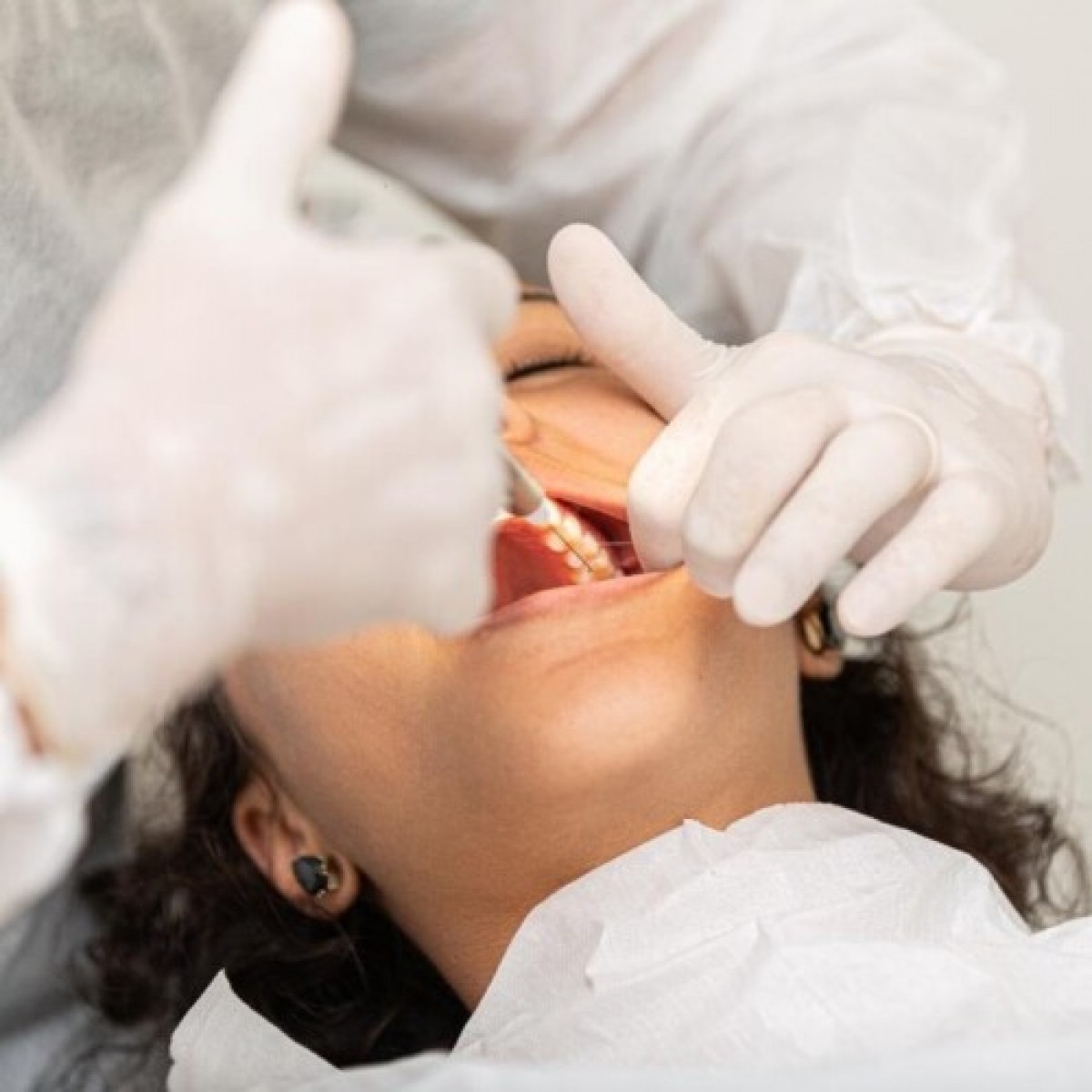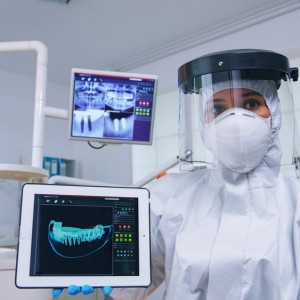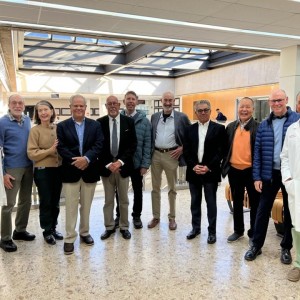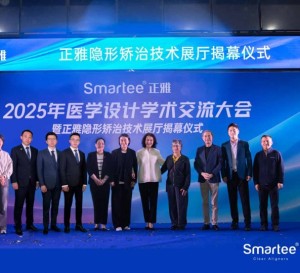
Accuracy of Referrals to a Specialist Oral Medicine Unit by General Medical and Dental Practitioners and the Educational Implications
In this study we investigated the accuracy of diagnoses of oral mucosal diseases made by family physicians (without a dental degree), other categories of physicians, and general dental practitioners prior to referring patients to a university oral medicine unit.
Over a three-year period, we compared the diagnoses proposed in referral letters with the definitive histological diagnoses made by the specialist unit. Only 305 of 678 (45 percent) of the referral letters included a clinical diagnosis. Eighty-six patients (86/305, 28 percent) were referred by general dental practitioners (GDPs) who had graduated in dentistry; seventy-six (76/305, 25 percent) were sent by GDPs who had graduated in medicine with a postgraduate degree in dentistry; and 143 (143/305, 47 percent) were referred by other categories of physicians.
More than 50 percent of the referring professionals were not able to make a clinical diagnosis of oral mucosal diseases. Only 40 percent of the provisional diagnoses (122/305) coincided with the diagnosis made at the specialist unit.
The proportion of correct diagnoses was 40 percent for GDPs who had graduated in dentistry, 33 percent for other categories of physicians, and 27 percent for GDPs who had graduated in medicine with a postgraduate degree in dentistry. These findings suggest that Italian dental and medical practitioners have limited knowledge in the field of oral medicine.
Consequently, there is a need for better education in the diagnosis and treatment of oral diseases and for improvement in total oral health training.
Authors: Andrea Sardella, Federica Demarosi, Giovanni Lodi, Lorenza Canegallo, Lia Rimondini, Antonio Carrassi
Source: https://onlinelibrary.wiley.com/
 Tag
Tag
 Related articles
Related articles
Oral surgery 03 July 2024
The aim of this systematic review was to analyze the dental literature regarding accuracy and clinical application in computer-guided template-based implant dentistry.
Digital Dentistry 18 April 2024
Digital Dentistry 04 March 2024
Comparative analysis of accuracy in digital and conventional implant impressions: an in vitro study
Intraoral scanners (IOSs) have revolutionized contemporary restorative and prosthetic workflows.
Implantology 01 August 2023
Optimal 3D implant placement is essential for achieving long-term implant stability and rehabilitation success. However, the limited visibility of the operating field presents a problem even for...
Digital Dentistry 15 October 2022
Full-arch implant rehabilitation: digital or traditional impression?
A prospective clinical study compared for the first time the accuracy of digital and conventional maxillary implant impressions for completely edentulous patients.
 Read more
Read more
Digital Dentistry 19 November 2025
Increasing awareness of tooth fracture, both complete and incomplete, as a significant disease entity has led to improved diagnostic techniques.
Editorials 19 November 2025
As Ellen Simmons-Shamrell of the Class of 1977 wrote her annual check for the Michael D. Scotti, DMD Endowed Scholarship—established in memory of her late classmate—she reflected on how different...
Products 19 November 2025
Smartee Denti-Technology has unveiled the Smartee Digital Orthodontic Technology Exhibition Hall, a 1,200-square-meter space dedicated to showcasing the company’s innovations in clear aligner...
News 19 November 2025
Coupa, the global leader in AI-powered spend management, today announced a new collaboration with Specialized Dental Partners, a premier dental support organization (DSO) dedicated to enabling its...
News 19 November 2025
Breakthrough T1D has been selected as a 2025 Health Access Hero Award grant recipient by Sun Life U.S. and DentaQuest.















